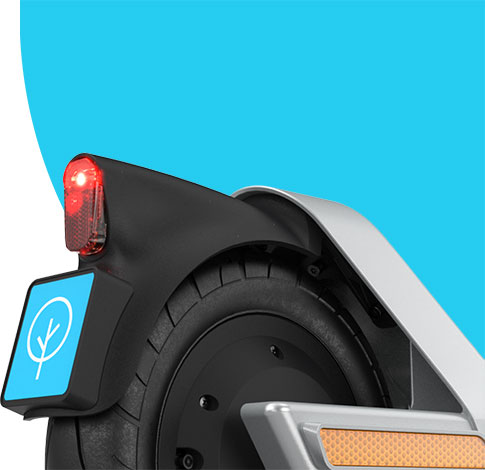“You need look no further than Rue de Rivoli and the transitional bike lanes we’ve made, often in one night, to see that there’s a real craze taking place with Parisians,” Paris Mayor Anne Hidalgo told radio hosts at France Inter last week.
And she’s right.
The number of people traveling on bikes and scooters since the end of the city’s two-month lockdown in early May has already broken records according to official counters placed along Paris’s most well-traveled bike lanes. By the end of last month, the city council reported a sustained 53% increase in cyclists since before the confinement started.
Electric scooters are also seeing a sharp resurgence in popularity thanks, at least in part, to the increase in protected infrastructure. Bird ridership has climbed more than 120% since mid-May, with tens of thousands of residents now relying on the scooters to fulfill their local transportation needs every week.
The swell of new micromobility riders comes after Bird extended free rides for medical and emergency personnel to Paris in order to help with the city’s coronavirus response efforts. Hundreds of cost-free Bird rides have already been provided to verified medical staff in the French capital as the country cautiously announces that it has the spread of the virus under control.
With an election set to take place later this month, Mayor Hidalgo is pointing to the dramatic rise in cyclists and scooter riders as evidence that her 50 km of “temporary” bike lanes are working, and indicating her desire to see them become permanent installations.
“If elected, I’ll do my part to ensure that these transitional amenities become definitive ones,” she said, citing the ability of protected bike lanes not only to increase mobility access but also to help lower pollution levels in Paris.

